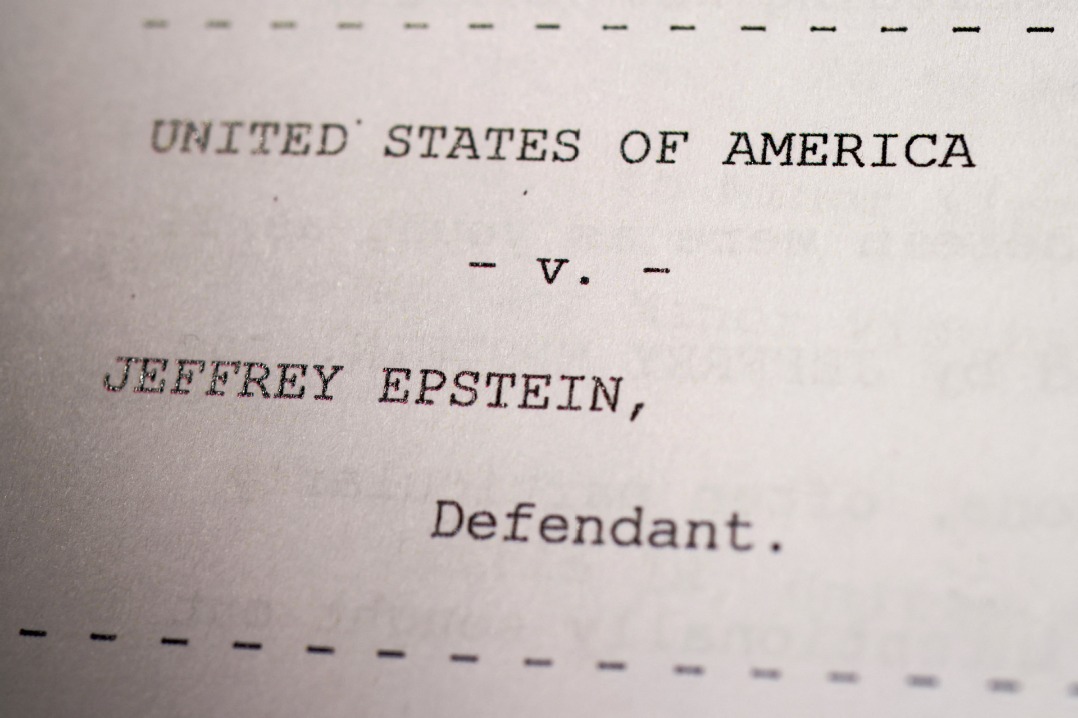Time to cure US paranoia about Chinese FDI

 |
| The 134-year-old Chicago Stock Exchange now handles about 0.5 percent of US stock trading.[file photo] |
The US government says it welcomes foreign investment, but its paranoia in politicizing and fearmongering of Chinese foreign direct investment is again on display this month.
The Securities and Exchange Commission issued a freeze on Aug 9 to put an indefinite hold on a $20 million acquisition of the Chicago Stock Exchange by a group of buyers led by Chongqing Casin Enterprise Group.
The decision was made after some US Congressmen voiced concern over the national security threat of the deal, despite the fact that the Committee on Foreign Investment in the United States (CFIUS) okayed the transaction in December.
No wonder the lead of a Wall Street Journal news article on Monday reads like this: The Chicago Stock Exchange is a relic of history, trading less than 0.5 percent of US stocks and in such straits that it has been looking for a buyer. That isn't how US officials see it."
Robert Reed, a columnist at the Chicago Tribune, was more explicit in his column last month, titled "Time to OK Chinese investors' controversial Chicago Stock Exchange deal".
In the article, Reed hoped the SEC doesn't cave to the oversized political anxieties that Chinese government is behind the buyout and could use the exchange to launch cyberattacks or game the US financial markets.
He said if given the go-ahead, this deal promises to be a plus for the local economy and a needed lift for the Chicago Stock Exchange. Members of the Chicago City Council also supported the deal.
Reed believes that it would be a big mistake to slam the door on the deal "because of unspecified and broad-based suspicions about Chinese government influence or venality".
The paranoia exhibited over the Chicago bourse deal was one of the many in recent years. Two months ago, Reuters cited an unreleased Pentagon report warning that China is skirting US oversight and gaining access to sensitive technology through transactions that currently don't trigger CFIUS review. US lawmakers are drafting legislations that would give CFIUS more power to block foreign technology investments.
In February last year, Republican US Senator Charles Grassley of Iowa charged that the acquisition of Swiss agribusiness firm Syngenta by ChemChina would threaten US food security, and the Obama administration complied. Later no plausible threat could be found and the deal went through.
In 2012, President Obama personally intervened to block the acquisition of wind farms in Oregon by Chinese-owned Ralls Corp, citing its proximity to a military facility.
In the same year, a House Intelligence Committee report described Huawei and ZTE, two Chinese telecom equipment giants, as posing national security threat. To many in the US, the sheer fact that Huawei founder Ren Zhengfei once served in the People's Liberation Army is enough evidence for such an accusation.
If such US paranoia could be justified, the Chinese government should look into major US companies to see if any of their founders and top executives have served in the US military or intelligence agencies. The close ties to US military by firms like the General Electric, Honeywell, Boeing should be sufficient reason to blacklist them for investment in China.
In 2010, MasterCard, VISA, PayPal, the Bank of America and Western Union, under US government order, blocked banking service for WikiLeaks after it published US government documents. Julian Assange, the WikiLeaks founder, called these institutions "instruments of US foreign policy."
If this is the case, should the Chinese government conduct extra scrutiny as they seek growing presence in China to make sure that they won't disrupt the Chinese market under any circumstances? And this is a serious national security issue.
The author is deputy editor of China Daily USA.

































